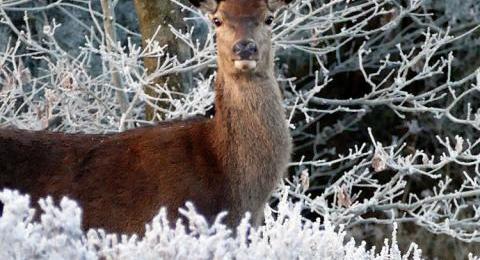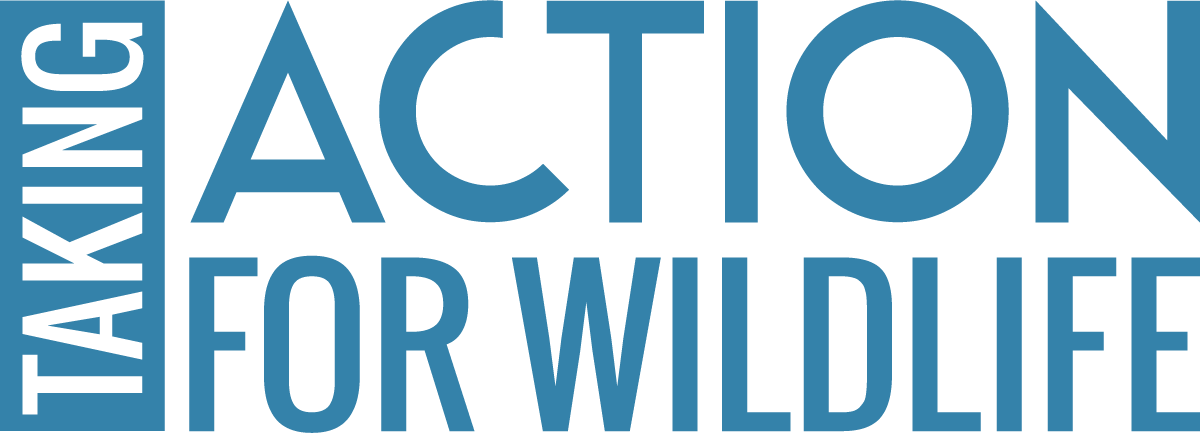SHARE

While most people who feed deer in the winter are well-intentioned, there are a number of negative consequences to their actions. White-tailed deer, like many other wildlife species, have natural adaptations that help them survive the winter. One of these adaptations involves the storage of fat in fall for use later during the winter. Supplemental feeding interferes with how deer use these fat reserves, process food, and expend energy in winter. Feeding deer also makes them more vulnerable to aggressive interactions, predation, disease, and vehicle collisions. For the long-term health of deer, the best management strategy is to keep deer dependent on their natural food and cover.
More Information
- Do Not Feed Deer - NH Fish & Game website
- More Harm than Good brochure

